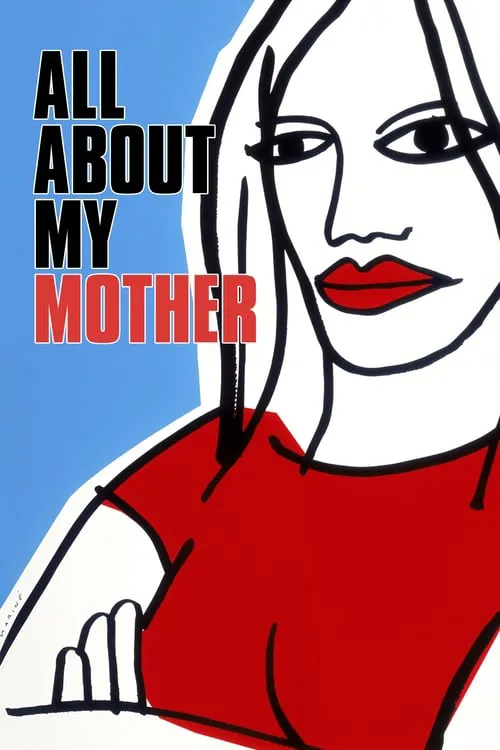All About My Mother

Plot
All About My Mother is a poignant drama film written and directed by Pedro Almodóvar, released in 1999. The movie is a masterpiece of Spanish cinema, weaving a complex and deeply personal narrative that explores themes of grief, identity, and the complexities of human relationships. The film begins with a tragic event: the sudden death of Leo, the teenage son of Manuela, an actress who lives in a small Madrid apartment with him. Leo's death sparks a profound sense of emptiness and loss in Manuela, prompting her to embark on a journey to Barcelona to find Rosa, the mother of Leo's father, a man she had left 20 years earlier. As Manuela navigates the unfamiliar city, she reconnects with her old friend, Agrado, an outspoken and flamboyant transgender sex worker. Agrado is a larger-than-life figure, known for her wit, humor, and resilience. Their reunion is tender and bittersweet, as the two women reminisce about their past and confront the complexities of their complicated friendship. Agrado's presence serves as a catalyst for Manuela's transformation, encouraging her to confront her own emotional vulnerabilities and question her sense of identity. Meanwhile, Manuela becomes acquainted with a troubled young actress, Nina, who is struggling to find her place in a crowded and competitive theatrical landscape. Nina is a deeply insecure and emotionally fragile individual, haunted by her own feelings of inadequacy and failure. Her relationship with Manuela is pivotal to the film, as the older woman serves as a surrogate mother figure, offering guidance and support in a world that often seems hostile and unforgiving. Perhaps the most fascinating character in the film is Sister Rosa, a pregnant and HIV-positive nun who is determined to keep her pregnancy a secret from the conservative community that surrounds her. Sister Rosa is a complex and multifaceted figure, representing a fusion of spirituality, vulnerability, and fierce determination. Her relationship with Manuela is both deeply intimate and utterly platonic, reflecting the complexities of female friendship and the power of supportive relationships to transcend even the most significant differences. Throughout the film, Almodóvar uses a range of narrative techniques to build a rich and immersive world. The cinematography is breathtaking, capturing the vibrant colors and eclectic textures of post-Franco Spain. The screenplay is dense with humor, pathos, and emotional depth, reflecting Almodóvar's trademark ability to balance the absurd with the profound. Ultimately, All About My Mother is a film about the power of human connection and the deep reservoirs of emotional resilience that lie within us. It is a testament to the transformative power of friendship, love, and support, and a celebration of the complexities and diversity of the human experience. As Manuela finds her way through the maze of Barcelona, she confronts a series of difficult choices and confrontations that serve as a catalyst for her own personal transformation. The film's conclusion is both poignant and uplifting, reflecting the resilience and adaptability of its protagonist. In the final scene, Manuela is shown standing alone on a Barcelona street, looking out at a sea of strangers with a sense of hope and determination that is both haunting and unforgettable. All About My Mother is a masterpiece of cinema, a film that will continue to resonate with audiences for years to come. It is a testament to the power of storytelling, the complexities of human relationships, and the transformative power of love, support, and connection.
Reviews
Recommendations




